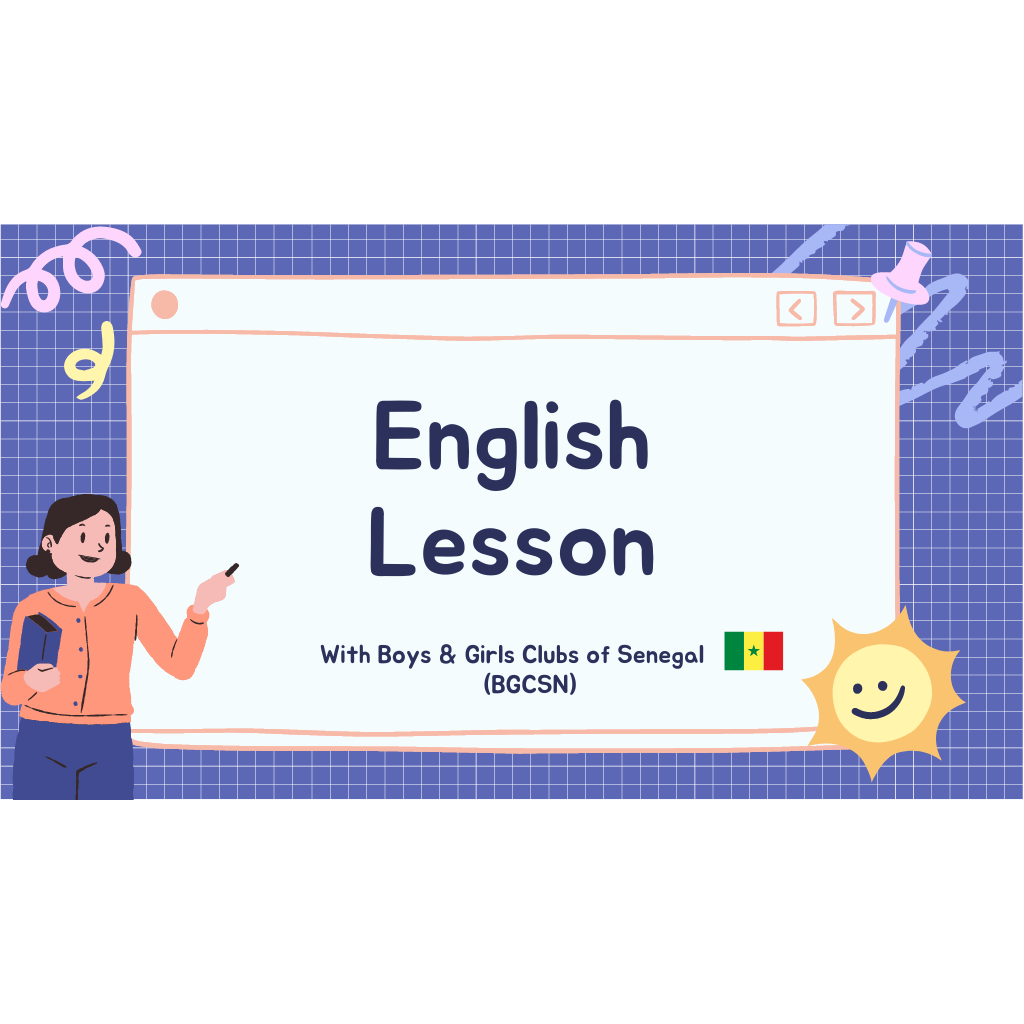Expand your vocabulary horizons and unlock the power of suffixes with this helpful guide! A suffix is a part of a word that follows the root or stem to modify its meaning. Suffixes can transform a word into an adjective, adverb, noun, or verb. Many words in the English language contain suffixes, so why not unlock the power within them? By understanding suffixes, you will be able to better understand how words are put together and be able to express yourself more accurately. Start your journey to expanding your vocabulary horizons today with this guide on how to easily recognize and use suffixes! Improve Your Vocabulary With Suffixes
As a non-English speaker, expanding your vocabulary can be an exciting way to enhance your language skills. One effective method of achieving this is by using suffixes. Suffixes are letter combinations that are added to the end of a word to change its meaning or create a new word altogether. By understanding and utilizing suffixes, you can increase your vocabulary and communicate more effectively in English. Let’s explore some commonly used suffixes and how they can improve your command of the language.
1. -er/ -or: The suffix -er or -or is often added to verbs to indicate a person or thing that performs a certain action. For example, by adding -er to the verb ”teach,” we get ”teacher,” meaning a person who teaches. Similarly, adding -or to the verb ”act” gives us “actor,” referring to someone who performs in plays or movies. By using this suffix, you can easily transform verbs into nouns and expand your vocabulary.
2. -ness: The suffix -ness is used to convert adjectives into nouns. It gives a sense of quality or state to the word it is added to. For instance, by adding -ness to “kind,” we get “kindness,” which refers to the quality of being kind. Using -ness as a suffix helps you express abstract concepts and emotions more precisely.
3. -able/ -ible: The suffixes -able and -ible are added to verbs or nouns to form adjectives, indicating that something can be done or achieved. For example, by adding -able to the noun “solve,” we create “solvable,” meaning something that can be solved. Similarly, adding -ible to the verb ”digest” gives us “digestible,” which describes food that can be easily digested. Incorporating these suffixes into your vocabulary enables you to describe various possibilities and capabilities.
4. -ful: The suffix -ful is used to turn nouns or adjectives into adjectives indicating the presence of a quality or quantity. For instance, by adding -ful to the noun ”wonder,” we form “wonderful,” meaning something that is full of wonder or admiration. By utilizing this suffix, you can enrich your vocabulary by expressing positive qualities and characteristics.
5. -tion/ -sion: The suffixes -tion and -sion are commonly used to form nouns from verbs. They depict an action, state, or condition. For instance, by adding -tion to the verb “discuss,” we get “discussion,” which refers to the act of talking about a topic. Likewise, adding -sion to the verb “impress” gives us “impression,” meaning the effect or impact something has on someone. Familiarizing yourself with these suffixes allows you to easily convert verbs into nouns, expanding the range of words you can use.
By incorporating suffixes into your vocabulary, you can transform and expand the meaning of words, making your English more expressive and precise. Meet with your English teacher, or use online resources, to explore more suffixes and their meanings. Practice incorporating these new words into your everyday conversations and writing. With dedication and perseverance, you’ll find that using suffixes to enhance your vocabulary is an enjoyable and effective way to improve your English skills.
Ordinarily, learning new words is a bit of a slog. But by unlocking the power of suffixes, you can be a veritable carrier of magical keys, unlocking the doors to hidden linguistic sanctuaries! Expand your vocabulary horizons: expand your horizons of knowledge, and expand your horizons of self-expression.
